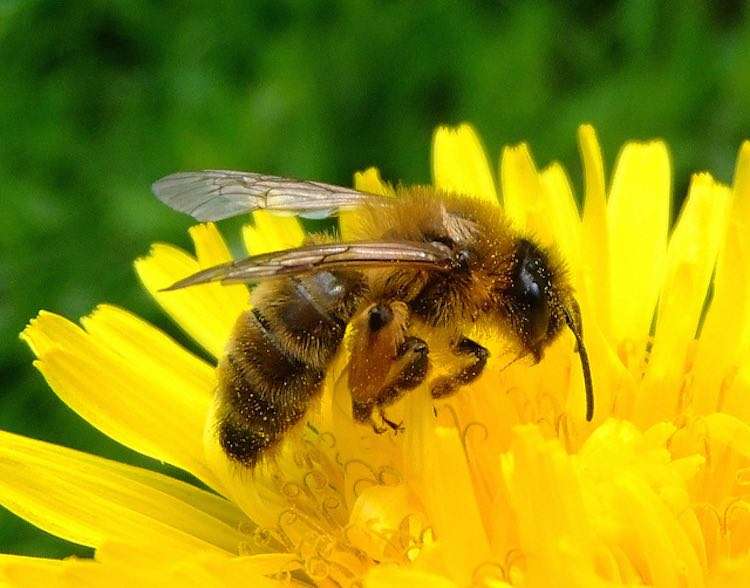Indian Region Just Won Top UN Prize for Being World's First 100% Organic State With 66,000 Farmers
The Indian state policy was deemed so effective, it managed to beat 51 other nominations for the esteemed UN prize.

One of the largest home and garden pesticide makers in America is halting its use of a chemical blamed for killing honey bees.
Among several possible causes of bee deaths and colony declines research has implicated a family of chemical pesticides called neonicotinoids – neonics, for short. Even though the U.S. Environmental Protection Agency is still researching the connection, Ortho announced this week it will start eliminating the chemical in all of it's products.
The company's general manager Tim Martin said "It's time for Ortho to move on" from neonics.
Europe banned the neonic-laced pesticides in 2013, and Ontario became the first region in North America to ban neonics last year.
Ortho's announcement comes just as Maryland lawmakers passed a bill that would restrict the sale of home and garden pesticides containing neonics. The governor is still considering whether to sign it.
Among several possible causes of bee deaths and colony declines research has implicated a family of chemical pesticides called neonicotinoids – neonics, for short. Even though the U.S. Environmental Protection Agency is still researching the connection, Ortho announced this week it will start eliminating the chemical in all of it's products.
The company's general manager Tim Martin said "It's time for Ortho to move on" from neonics.
Europe banned the neonic-laced pesticides in 2013, and Ontario became the first region in North America to ban neonics last year.
Ortho's announcement comes just as Maryland lawmakers passed a bill that would restrict the sale of home and garden pesticides containing neonics. The governor is still considering whether to sign it.
The company says some of their products will be reformulated to work without the chemical while others will be taken off the market in 2017. Ortho plans to have no neonics in any of its products when the phase-out is finished in 2021.
CHECK OUT: Monarch Butterfly Population More Than Triples Over Last Year
In March, the U.S. Fish and Wildlife Service said it would consider whether to protect two species of wild bumblebees under the Endangered Species Act, reports CBS News. SHARE the Buzz… (Photo credit: orangeaurochs, CC)
Be the first to comment